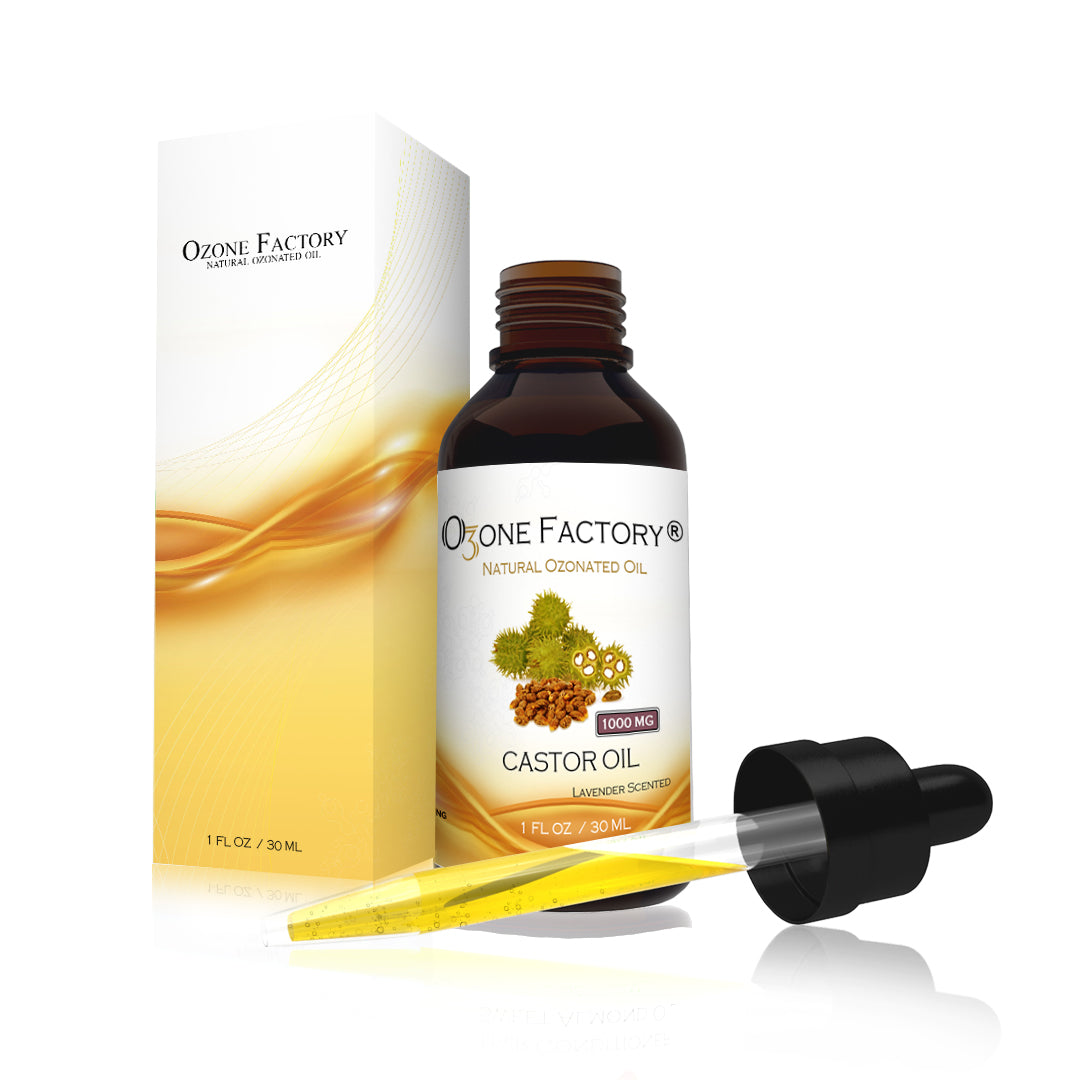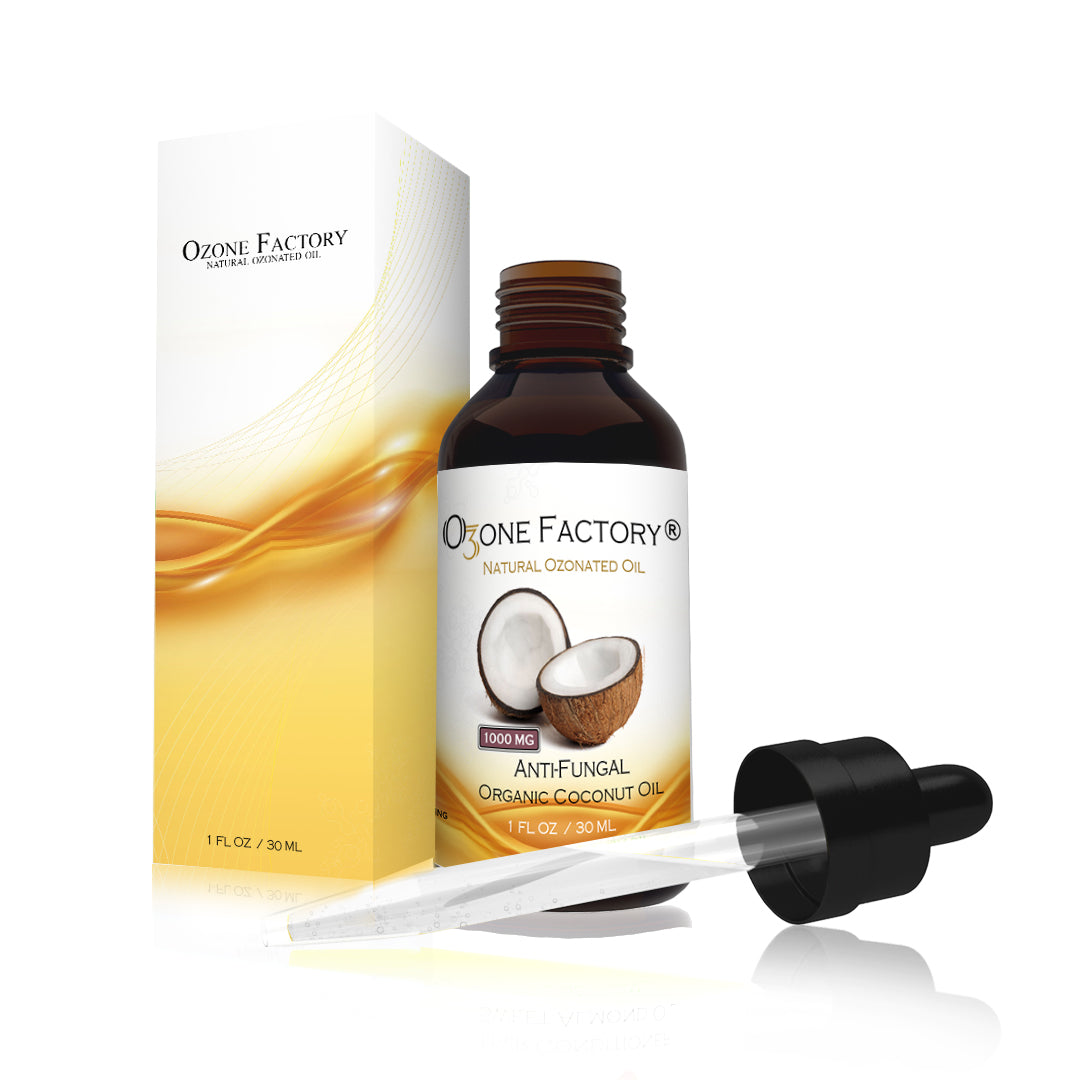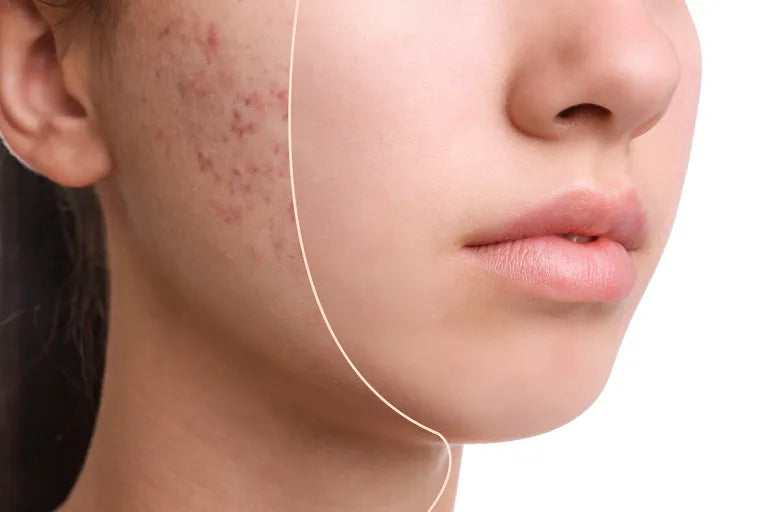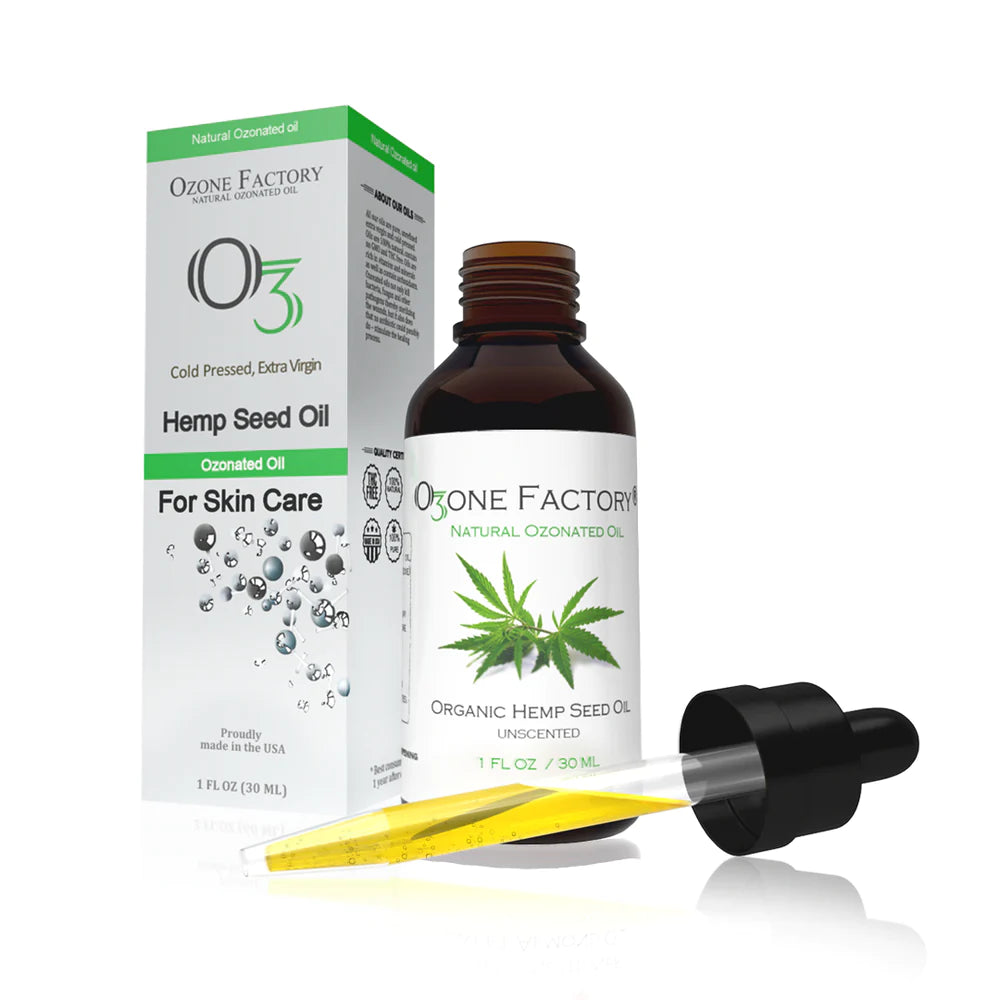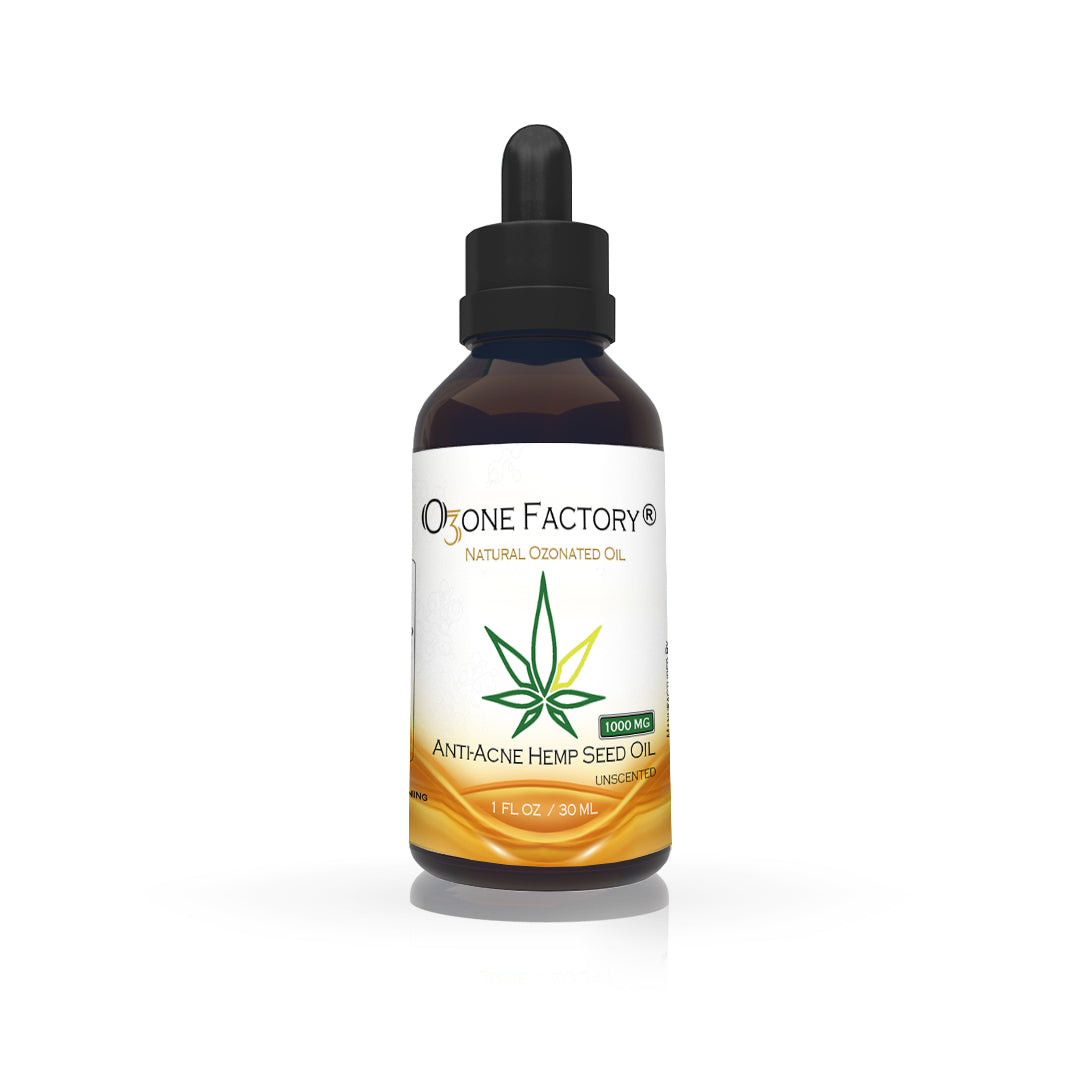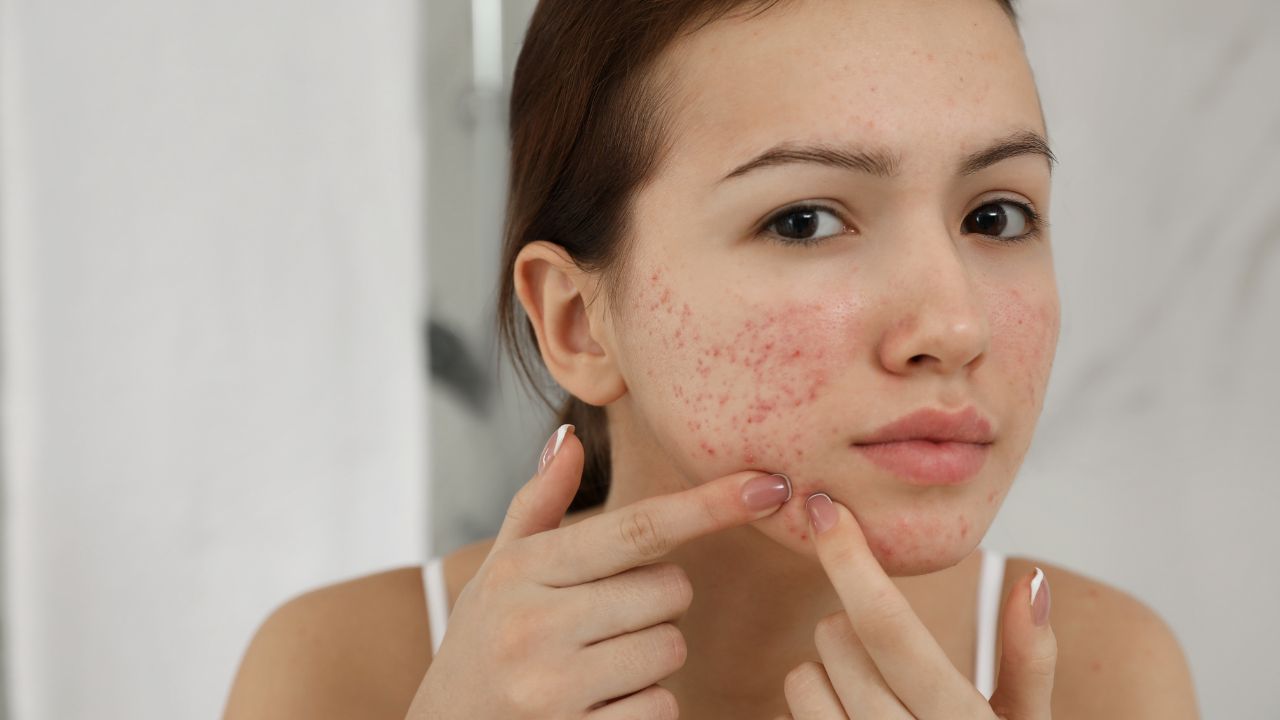
Acne can be a persistent and frustrating skin condition for many, but managing it properly can make all the difference. Unfortunately, many people unknowingly make mistakes that worsen their acne or slow down the healing process. In this article, we’ll explore some common pitfalls to avoid when dealing with acne and provide valuable tips, including the benefits of ozonated oils in skincare.
1. Don’t Overwash or Scrub Aggressively
It’s natural to think that more washing equals cleaner skin, but overwashing can strip your skin of its natural oils, causing it to produce even more oil, which can lead to further breakouts. Harsh scrubbing can irritate and inflame the skin, worsening the appearance of acne.
What to do instead: Use a gentle, sulfate-free cleanser twice a day. Look for products formulated for sensitive or acne-prone skin that will clean without drying or irritating your complexion.
2. Avoid Using Multiple Acne Products at Once
It’s tempting to bombard your skin with every acne treatment available, but using too many active ingredients can irritate your skin. Salicylic acid, benzoyl peroxide, and retinoids are effective for treating acne, but using them all at once can cause redness, dryness, and flakiness, leading to more irritation and breakouts.
What to do instead: Stick to a simple routine. Choose one or two acne treatments and give them time to work. It’s important to be patient, as most acne treatments take several weeks to show results.

3. Don’t Ignore the Power of Moisturizing
Many people with acne-prone skin avoid moisturizers because they fear they will make their skin oilier. However, dehydrated skin can actually produce more oil to compensate, leading to more clogged pores and acne.
What to do instead: Choose a non-comedogenic (won’t clog pores), lightweight moisturizer. For an added boost, consider using ozonated oils, which have anti-inflammatory and antimicrobial properties that can soothe irritated skin while providing moisture without clogging pores.
4. Don’t Skip Ozonated Oils in Your Skincare Routine
Ozonated oils are a powerful, yet often overlooked, tool in managing acne-prone skin. Oils like ozonated hemp seed oil or ozonated olive oil are enriched with ozone, which supercharges the oil with oxygen. This oxygenated formula penetrates the skin deeply, killing acne-causing bacteria and reducing inflammation.
The benefits of ozonated oils include:
- Antibacterial properties: These oils can help reduce the bacteria that cause acne, making them an effective natural remedy.
- Promotes healing: Ozonated oils stimulate the skin’s natural healing process, helping to fade acne scars and prevent future breakouts.
- Hydration without clogging pores: Unlike heavy oils, ozonated oils are non-comedogenic and deliver moisture without causing further clogging.
Adding an ozonated oil to your routine is especially beneficial if you’re dealing with both acne and irritation from harsher treatments.

5. Don’t Forget to See a Dermatologist
While home care is essential, it’s equally important to consult a dermatologist, especially if over-the-counter treatments aren’t working. Acne can be a complex condition, and it’s crucial to get a professional opinion to ensure you’re using the right treatments for your specific skin type and condition.
What to do instead: If you’re struggling with persistent acne, book an appointment with a dermatologist. They can prescribe treatments that target deeper causes of acne, such as hormonal imbalances or severe bacterial infections. A personalized approach is always the best way to treat acne.
Conclusion
Taking care of acne-prone skin requires patience, the right products, and a thoughtful approach. Avoiding common mistakes like overwashing, overloading your skin with treatments, and skipping moisturizer can prevent your acne from worsening. Adding natural remedies like ozonated oils can provide additional support, promoting healing and reducing inflammation. Lastly, don’t hesitate to seek the advice of a dermatologist for a more tailored treatment plan.
By following these steps and avoiding common missteps, you’ll be on your way to clearer, healthier skin!

